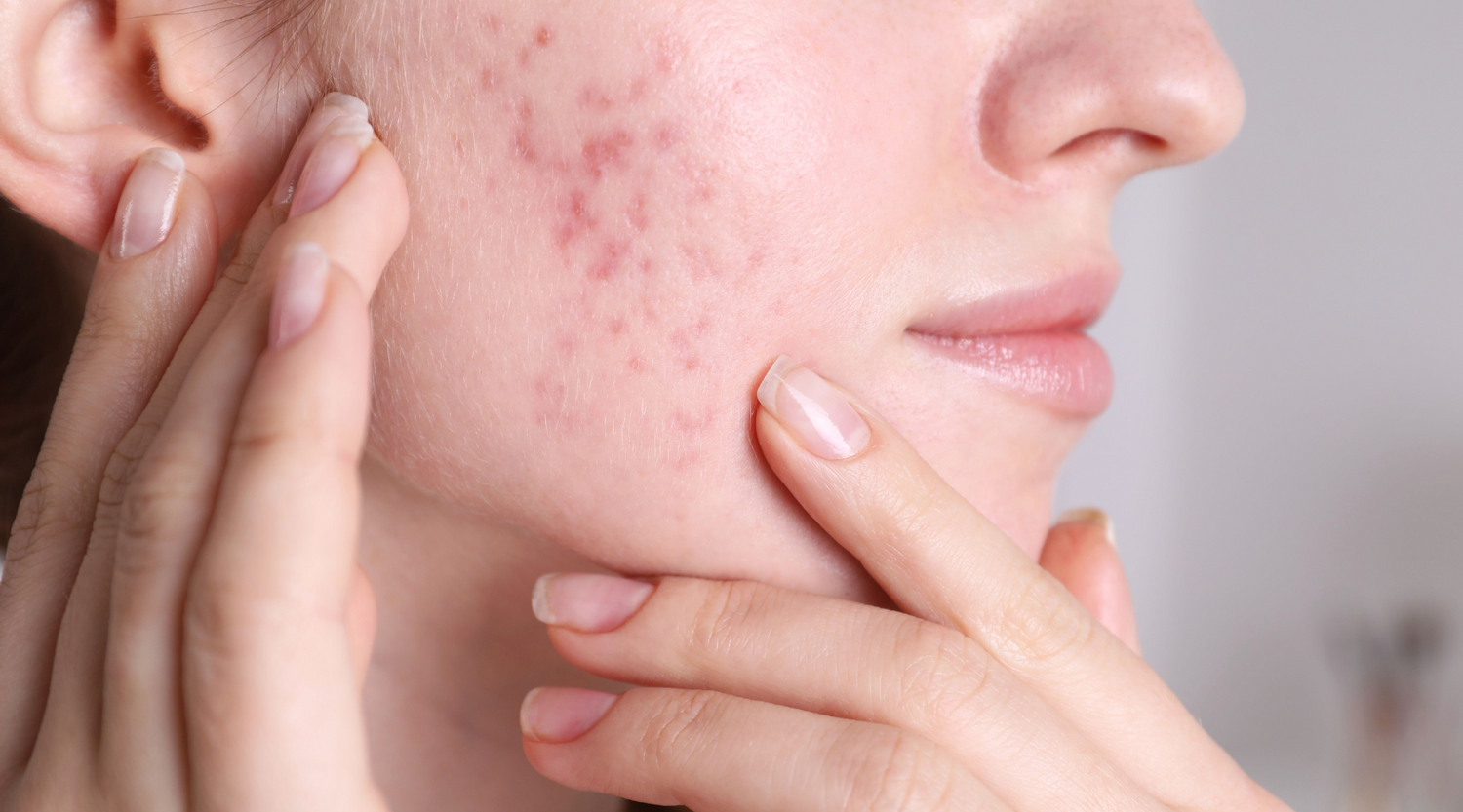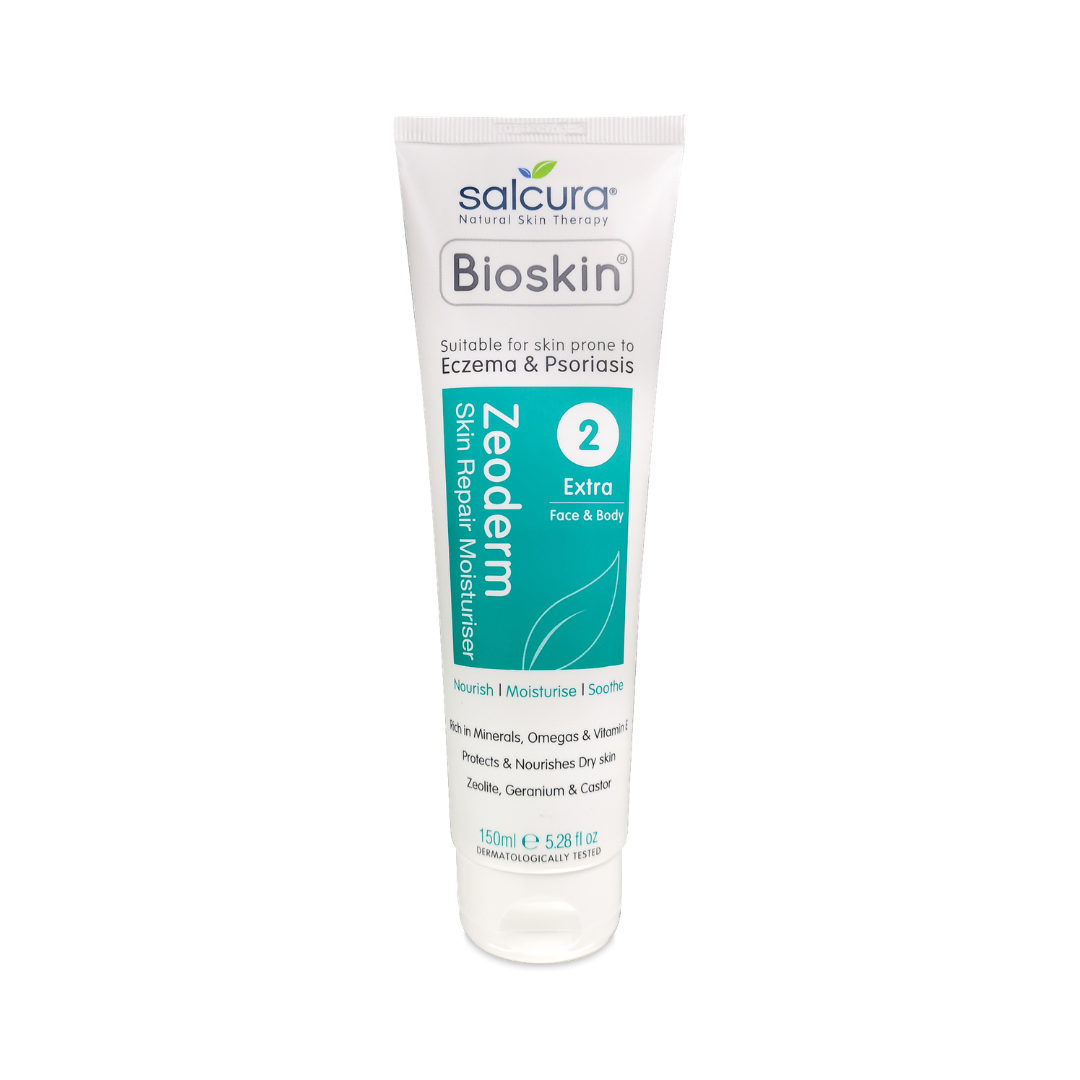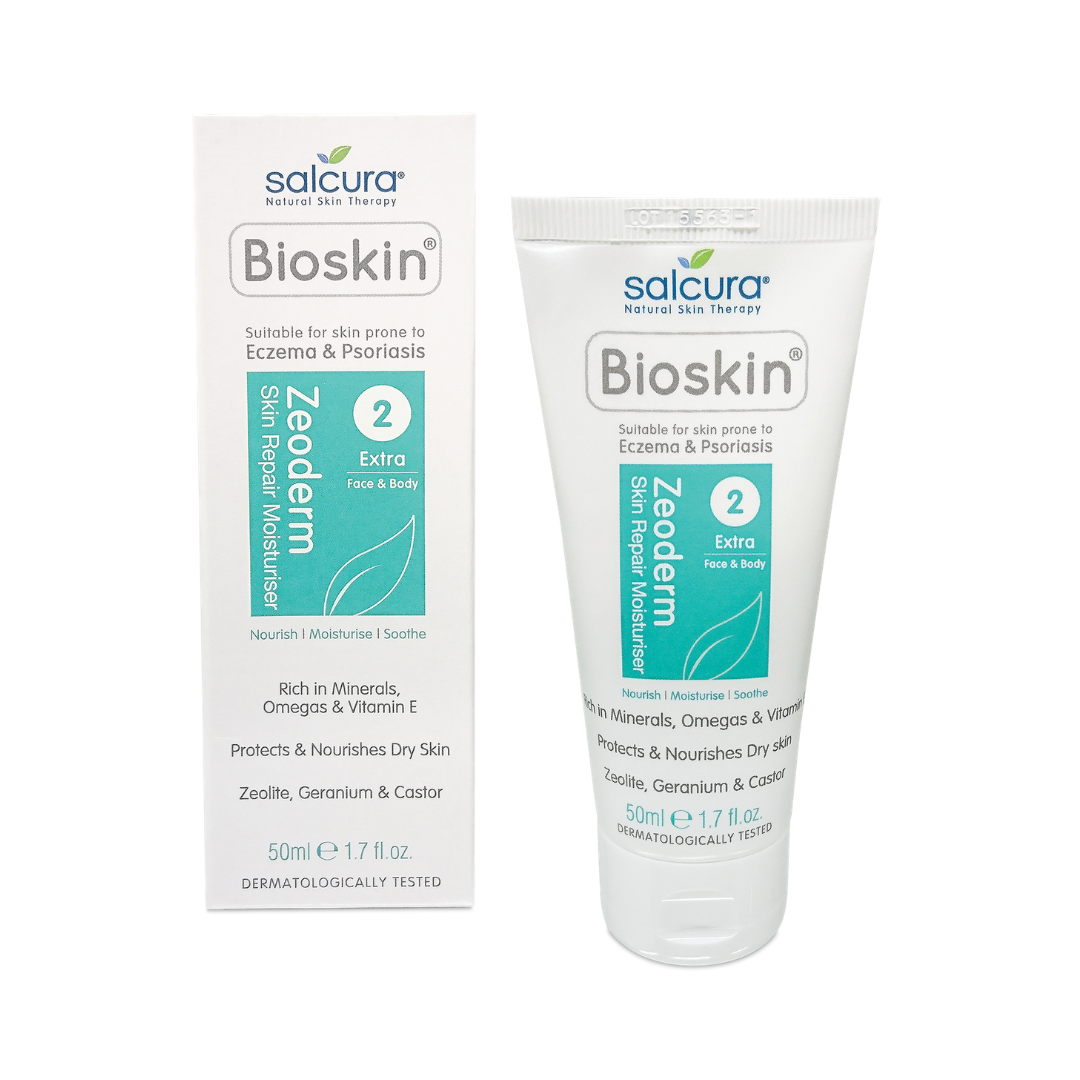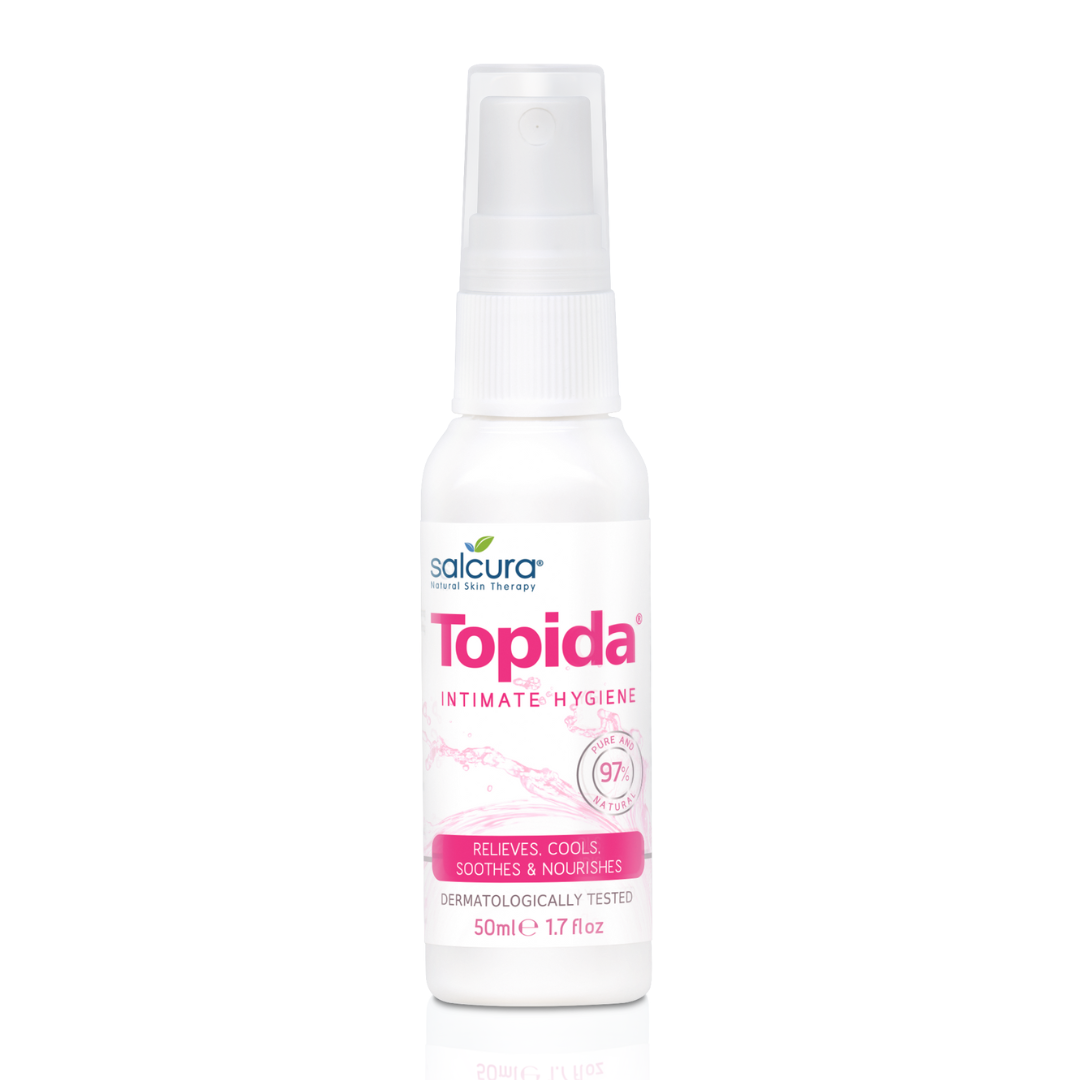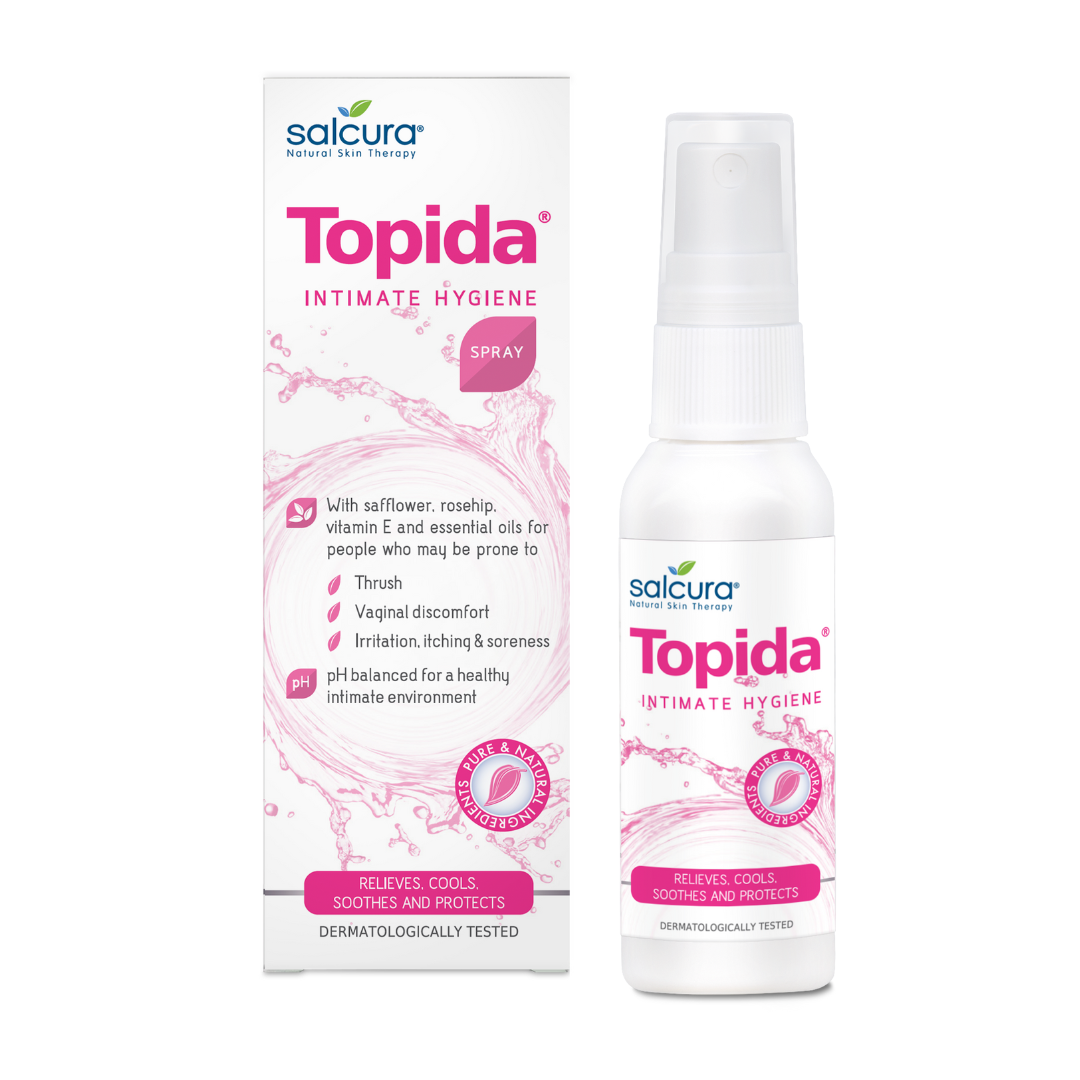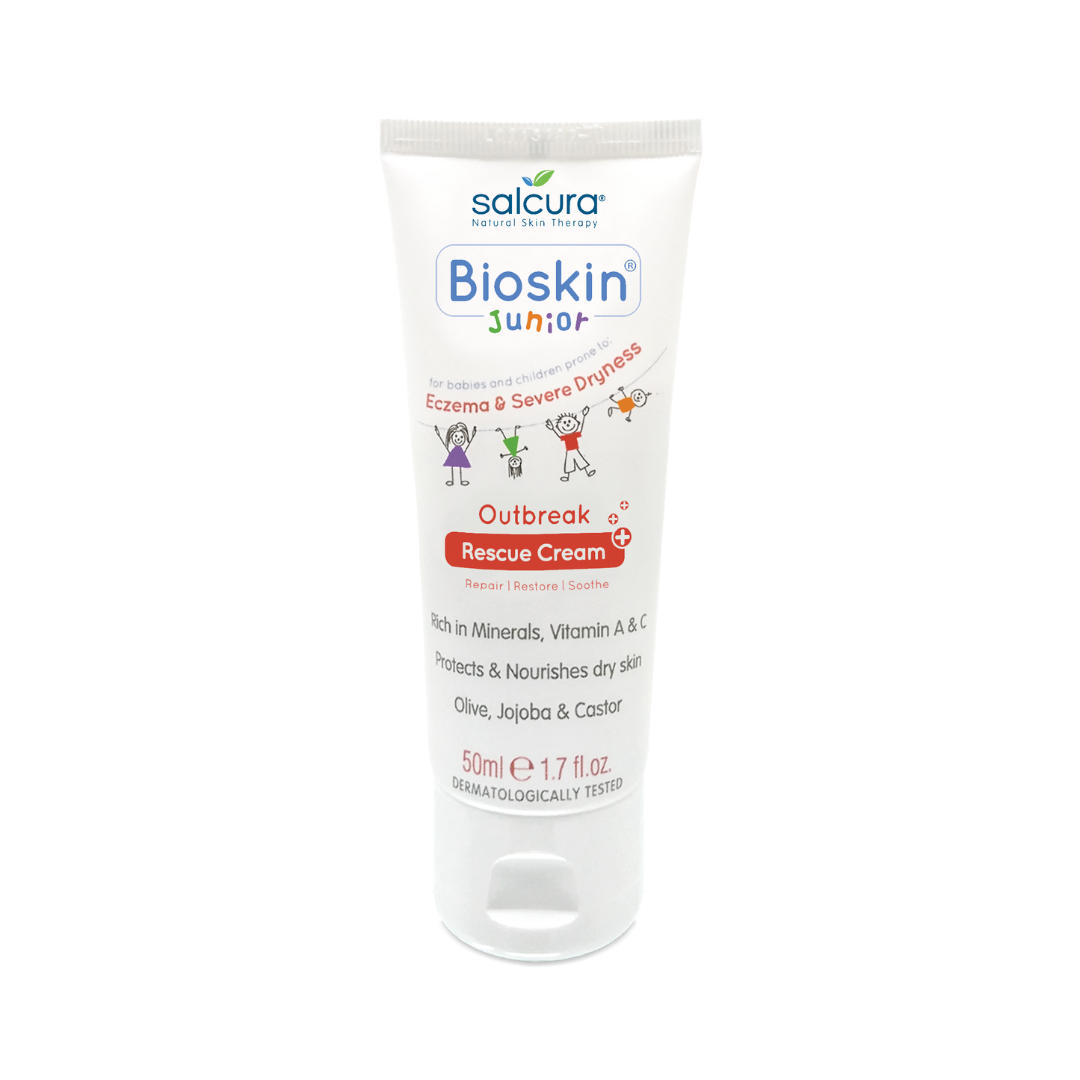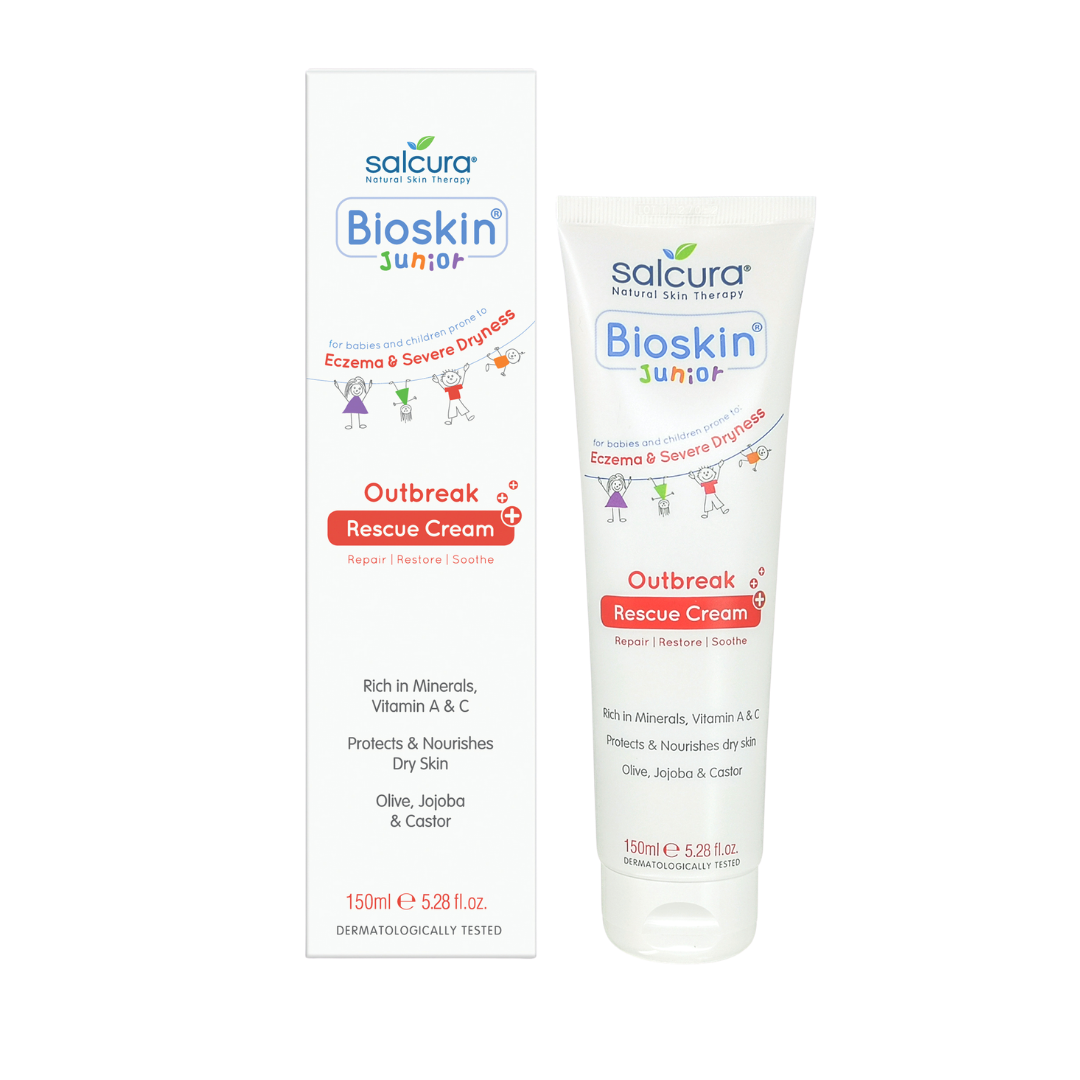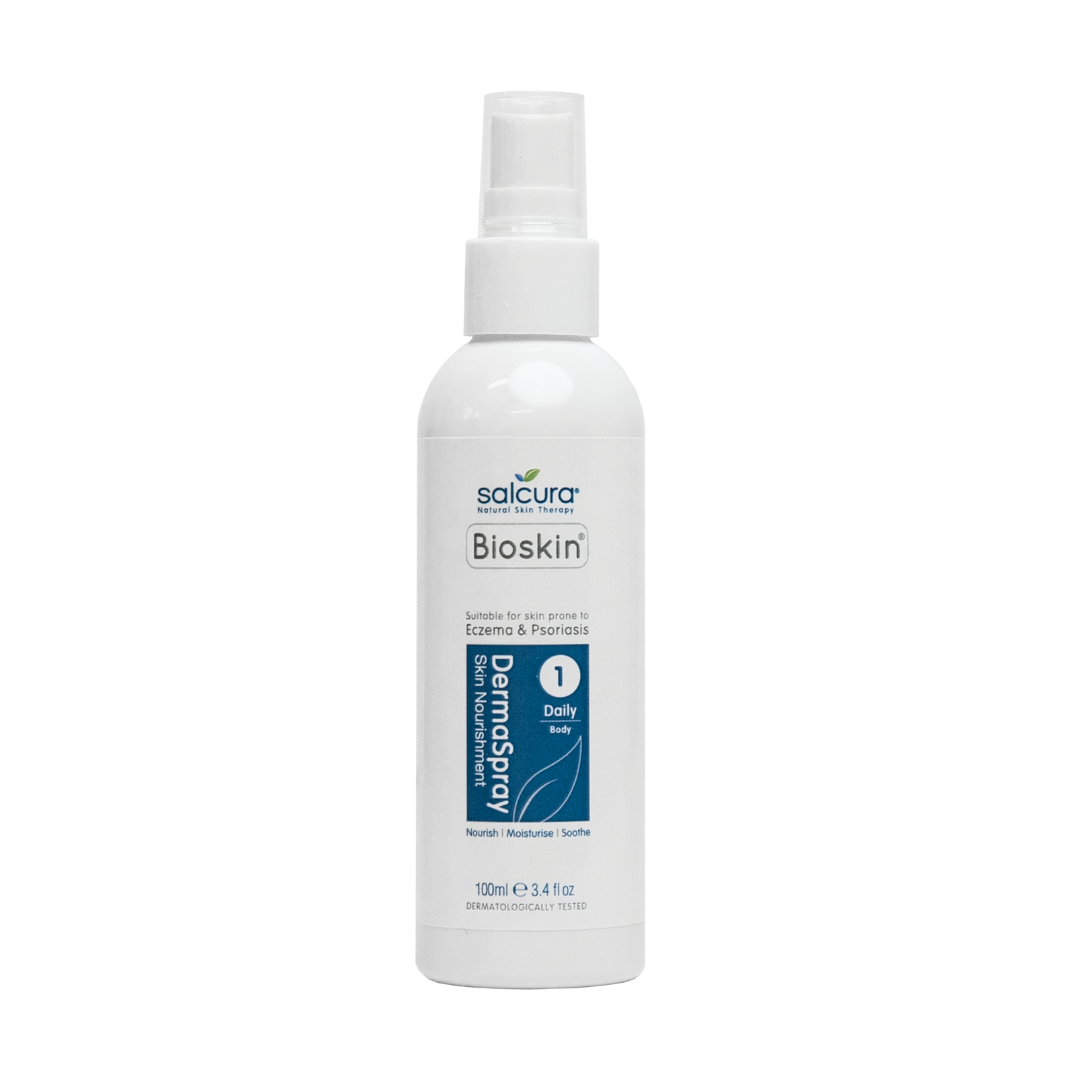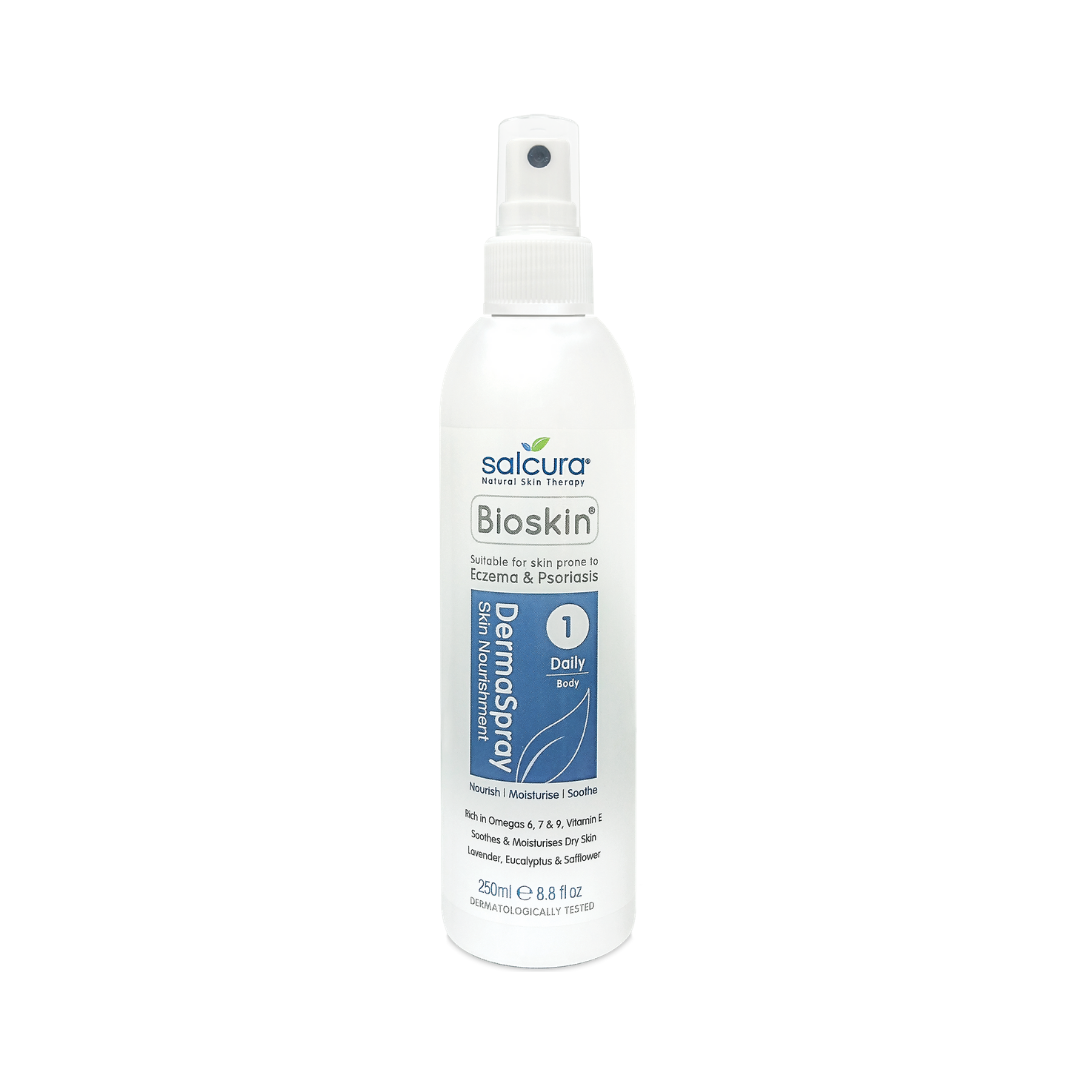So many people around the world go through life with allergies they don’t even know they have and never identify. That’s why we take this week to remind people of food allergies and the irritation that they cause, hopefully, to prompt people to invest in themselves - when it comes to taking care of their skin and their bodies, and feeling a little more comfy and a little happier as a result.
The symptoms of food allergies can vary, but all are irritating and cause annoyance to the people who suffer from them day to day. They usually present themselves a few minutes, or even seconds, after the allergenic food is consumed and include, but are not limited to:
- A tingling or itching in the mouth.
- Hives, which is a raised, itchy rash on the body. Occasionally, the skin can turn red and itchy, but without the raised bumpy rash.
- A swelling of the mouth, throat, face or other areas of the body.
- Difficulty in swallowing.
- Shortness off breath or, sometimes, wheezing.
- A feeling of dizziness or light-headedness.
- Feeling nauseous or vomiting.
- Abdominal pain and diarrhoea.
- Hay-fever-like symptoms, such as sneezing or itchy, watering eyes.
Have you noticed any of these symptoms around the time you eat? You may have already noticed them, and yet have been unable to get rid of them when you feel like you’ve tried everything. If this is the case, it may be wise to visit a doctor and ask for an allergy test, in order to get to the bottom of what, exactly, is giving you these responses.
You might be wondering how food allergies link to a skin condition such as eczema. While allergies are not a direct cause of eczema, certain foods can definitely act as triggers for eczema. This is known as a “flare.” Unfortunately, due to the complexity of eczema by nature, avoiding the offending food type, or attempting an “elimination diet,” is unlikely to cure a person’s eczema outright. It may, however, help to prevent it from worsening. It is always wise to consult a doctor if you believe a certain type of food is inflaming your eczema before taking any further steps.
Doctors may suggest a number of treatments to help lessen the effects of the symptoms of food allergies. The aforementioned “elimination diet” is one such method that is effective when it comes to identifying food allergies, sensitivities or intolerances. Put simply, an elimination diet involves removing suspected food triggers from a person’s diet for a period of a few weeks and noting the effects (the recession of allergenic symptoms, for example), before slowly reintroducing them and, once again, noting whether those symptoms return. If you do discover that any particular food groups are causing these unwanted effects, it may be wise to cut them out of your diet, for the benefit, not only of your skin, but of your health overall! We must stress, however, that you research extensively and consult a doctor before cutting any food groups out of your diet, so that you can ensure your nutritional needs are met in other ways.
Later this month, we’ll be having a look at the absolute best (and tastiest) foods to eat to help keep your skin conditions under control. We tend to focus, when thinking about skincare, on what you can apply to the outside of your body to nourish, moisture it, etc. It might sound strange, but it’s just as important to feed our skin from the inside too! We believe that the combination of inner health, paired with the vitamins and minerals found in all our products can really nourish the skin and cure the dryness and irritation that so often comes with food allergies. Maintain your skins health by regularly using our DermaSpray or Daily Nourishing Spray for little ones, alongside a healthy, balanced diet, full of all you need to feed your skin from within. Keep an eye out for that article, coming soon!




